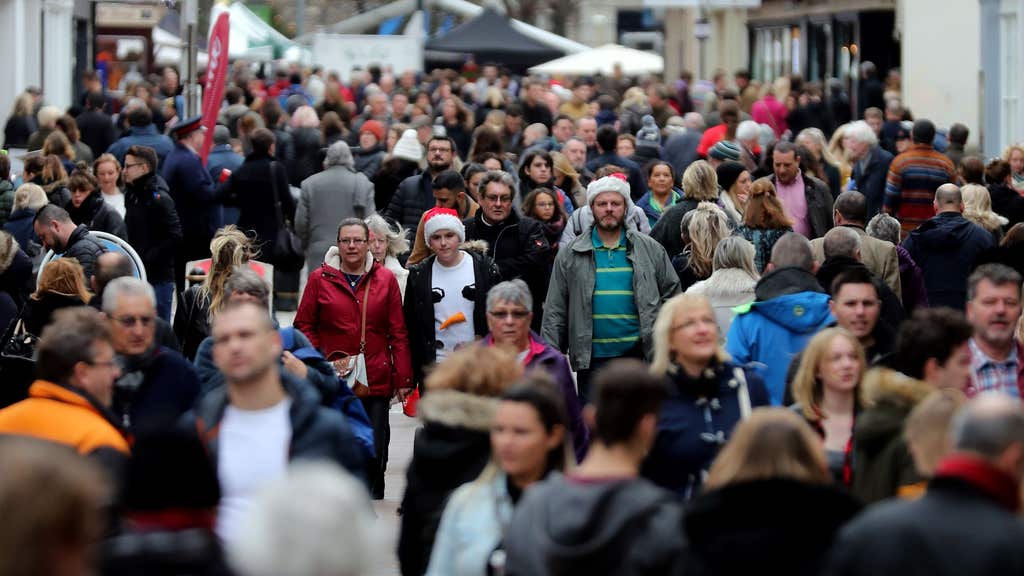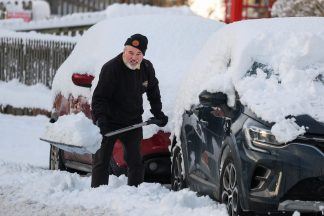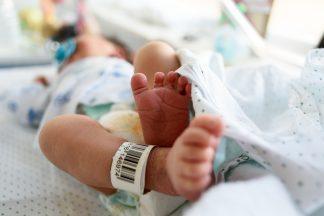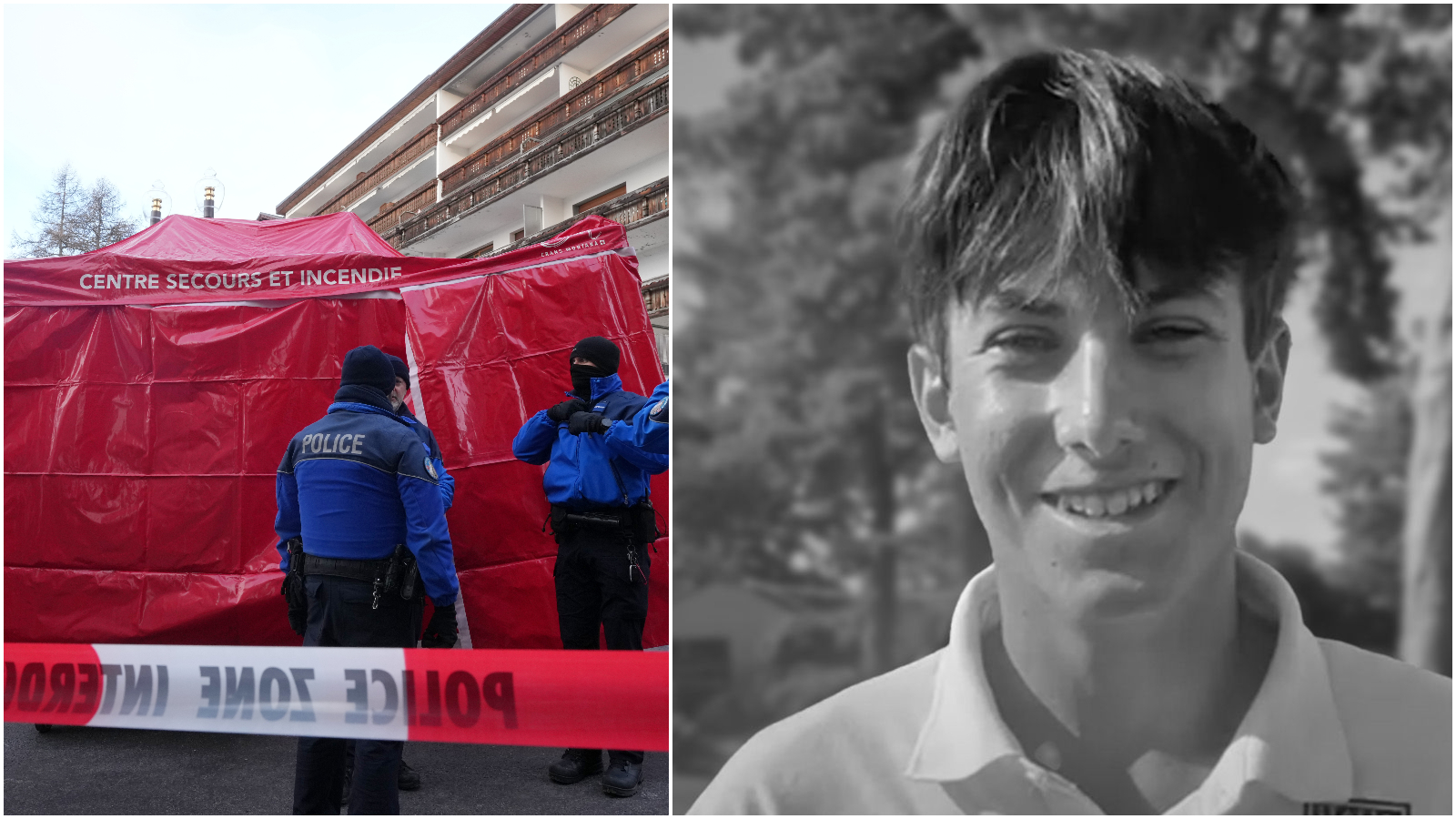About one in 13 people living in Scotland last year were not British nationals, new statistics indicate.
Nearly 8% of the country’s population, about 406,000 people, were considered to be from overseas according to statistical estimates from the National Records of Scotland (NRS) for the year ending December 2020.
The figures suggest that six out of ten (61%) non-British nationals living in Scotland last year were from the EU, about 247,000 people, while the remaining 159,000 were from outside the EU, with about 7000 from the rest of Europe, 59,000 from Asia, and 93,000 from the rest of the world.
Poles were the most common non-British nationality in the year ending December 2020, with about 92,000 Polish nationals living in the country, equivalent to nearly one-quarter (23%) of non-Brits.
Next most common were people from the Republic of Ireland at 19,000 people; Italians, who numbered 18,000; Nigerians at 17,000; and Germans at 14,000, the estimates indicate.
Aberdeen, Edinburgh and Glasgow had the highest concentrations of non-Brits, at about one in five people (20%) in Aberdeen City, followed by 19% in the City of Edinburgh, and 12% in Glasgow city, the NRS added.
In 2004, just 52,000 people in Scotland are estimated to have been from the EU, while 74,000 came from outside the EU.
The full report: Population by Country of Birth and Nationality for Scotland, 2020, can be accessed on the NRS website.
The estimates are sourced from the Office for National Statistics’ Annual Population Survey (APS), which had a sample size of 26,000 for Scotland, and because it is a survey there is “sampling variability and a degree of uncertainty with the results”, the NRS said.
The NRS urged caution in comparing the figures from this report to previous years owing to a new weighting methodology which was introduced because of the coronavirus pandemic.
It said the pandemic meant face-to-face interviewing for the Labour Force Survey, on which the APS is based, was suspended in March last year in favour of telephone interviews.
But this meant fewer responses from people who rent their accommodation and those with a non-UK country of birth or nationality, meaning they were less-well represented in the sample.
Statisticians tried to correct for this using Pay-As-You-Earn (PAYE) real-time information to allow for changes to the survey collection methods but said comparisons with previous years could still be subject to “greater uncertainty”.
Follow STV News on WhatsApp
Scan the QR code on your mobile device for all the latest news from around the country


 PA Wire
PA Wire

























